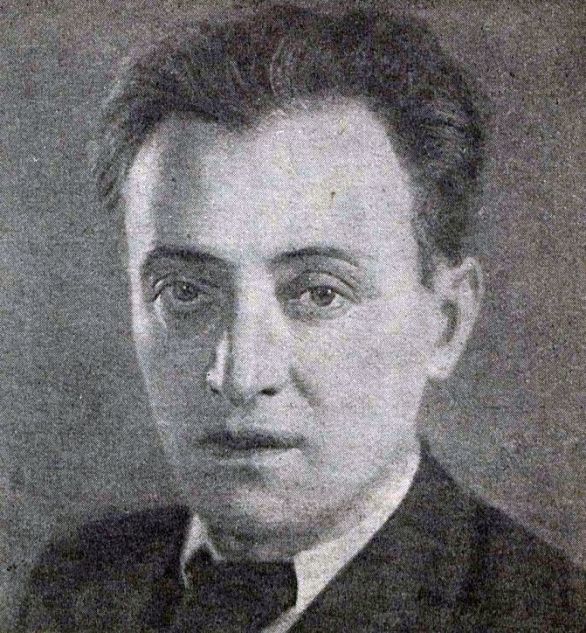On 20 September 1946, the first Cannes Film Festival was opened.
The idea of holding the largest international film forum in France emerged even before the war, as many believed that French cinema was not sufficiently represented at the popular Venice film festival. Moreover, the prestige of the Venice Festival was undermined by scandal in 1938, when the Fascist and National Socialist authorities of Italy and Germany openly interfered with the decisions of the jury. The British and American delegations then left Venice in protest. The need for a European alternative to the festival became obvious.
The first Cannes Festival was to be held at the initiative of French Education Minister Jean Zay. The filmmaker Louis Lumière was appointed President of the Jury. However, the start of the festival in September 1939 was thwarted by the outbreak of World War II. The authorities returned to the idea only in 1946. Official invitations were sent through diplomatic channels to the governments of most of the UN member states. Some delegations came to Cannes without films, notably the Argentine and Norwegian ones. However, the United Nations Secretary-General’s official invitation was sent to the United Nations. Some delegations came to Cannes... without films, notably Argentine and Norwegian.
“The First International Prize” was received by 11 films, including the American film “The Lost Weekend” by Billy Wilder and the Soviet film “The Turning Point“ by Fridrikh Ermler (in general, the largest number of awards was received by the USSR). The “Best Director” award appeared a year later, and the “Golden Palm” award was adopted only in 1955.
Source: Nadezhda Ionina. 100 Great Awards. - M.: “Veche”, 2000.
























